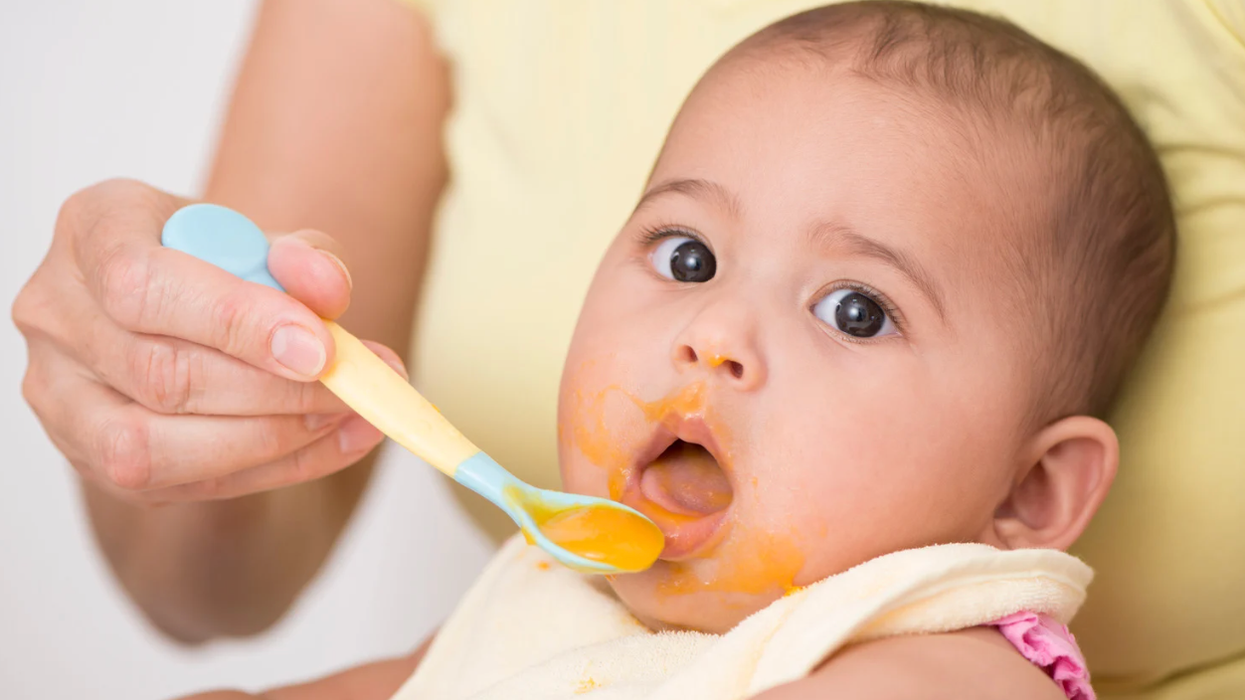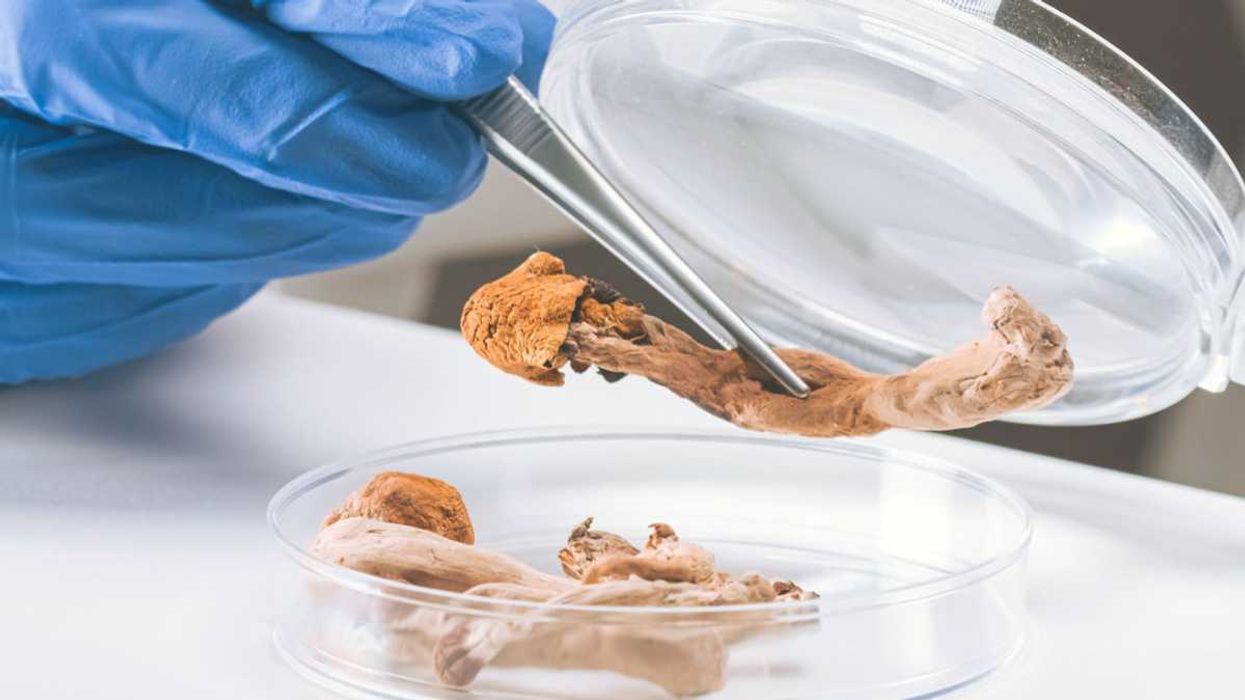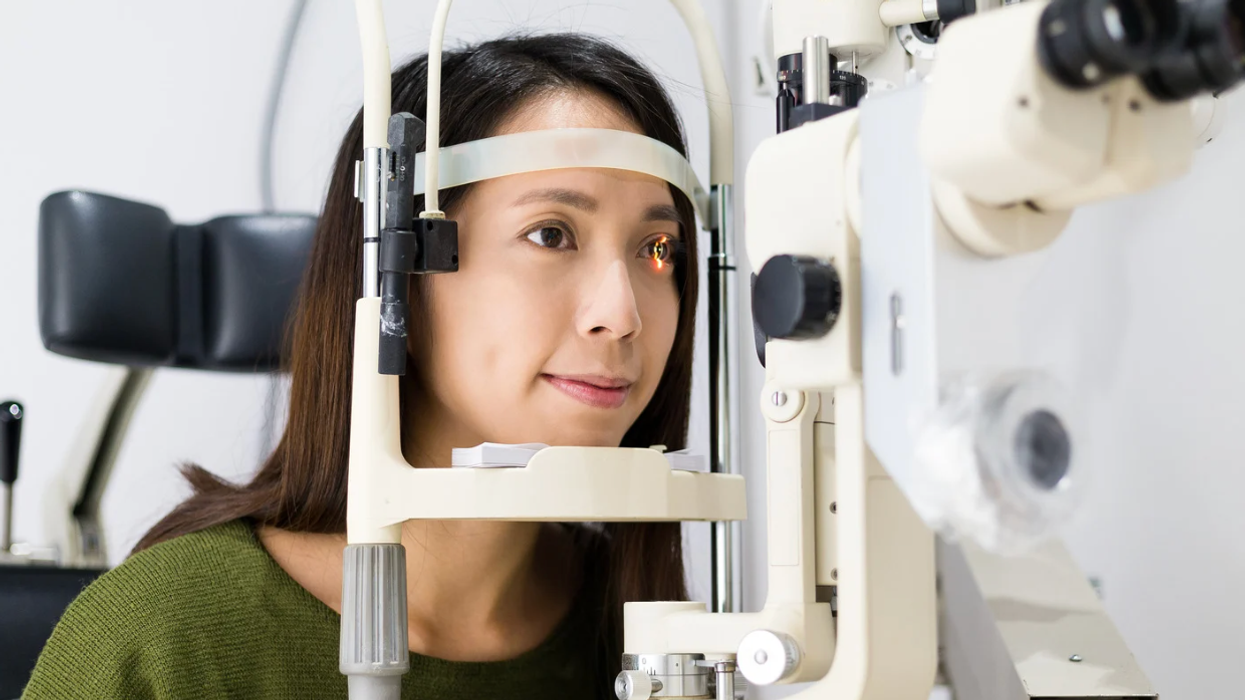A decade ago, a rising health concern affecting children into adulthood still lingers today: peanut allergies. A study released in 2010 by researchers at the Mount Sinai School of Medicine found that cases of peanut allergies tripled between 1997 to 2008. In 2015, new evidence emerged that reduced peanut allergy cases, not by delaying the introduction of peanut products until age three as previously recommended, but by feeding them to children as infants. A decade later, the results showed that it worked.
In humans, peanut allergies occur when the immune system mistakenly recognizes the protein in peanuts as harmful. There is a wide range of peanut allergy symptoms; some people experience digestive problems, while others break out in hives. The most severe symptoms include dramatic drops in blood pressure and anaphylaxis. Anaphylaxis can cause difficulty breathing and uncontrolled vomiting, which can be fatal as swelling in the throat closes off airways and reduces intake of oxygen. Understandably, parents and adults alike grew concerned about ingestion and exposure to peanuts and peanut products at schools, playgrounds, and other public spaces.
- YouTube youtube.com
Early exposure–not avoidance–is key
In 2015, Gideon Lack, Professor of Pediatric Allergy at King’s College London, published his team's findings in a study dubbed the Learning Early About Peanut Allergy (LEAP) trial. The findings showed that introducing peanut products to infants significantly reduced their chance of developing peanut allergies by more than 80%, and that this resistance persisted in about 70% of the kids as they reached young adulthood.
These findings led officials to create new guidelines encouraging the early introduction of peanuts to infants as young as 4 months old. These new guidelines reportedly reduced peanut allergy cases by 27% in children under the age of three, and reduced them by over 40% after the exposure recommendation was expanded in a public health effort in 2017. Continued monitoring and testing over the years further cemented the effectiveness of early exposure to peanuts, according to the National Institute of Allergy and Infectious Diseases (NIAID).
“Today’s findings should reinforce parents’ and caregivers’ confidence that feeding their young children peanut products beginning in infancy according to established guidelines can provide lasting protection from peanut allergy,” said NIAID Director Jeanne Marrazzo in 2024. “If widely implemented, this safe, simple strategy could prevent tens of thousands of cases of peanut allergy among the 3.6 million children born in the United States each year.”
Pediatricians, child care specialists, and allergists back up this study
Professionals in both child care and allergy treatment recommend early introduction to peanuts.
"Early and consistent peanut consumption, starting in infancy, is the only proven way to reduce the risk of developing a peanut allergy,” allergist and pediatrician Dr. Alice Hoyt tells GOOD. "I recommend that all babies start peanut and other allergenic foods as early as four to six months when they’re ready for solids, and that once introduced, they consume them regularly.
Licensed speech pathologist and feeding specialist Jordyn Koveleski Gorman, who worked with Dr. Lack from 2022 to 2024 regarding early peanut introduction through Lack’s Mission MightyMe Puff products, echoed and reiterated the data of early exposure’s effectiveness in an interview with GOOD.
“The earlier we introduce allergens, the more we decrease the risk of allergies later in life,” said Gorman. “If peanuts are introduced between four to ten months of age, the risk of developing peanut allergies could be reduced by up to 80%.”
Gorman also pointed out that many parents and pediatricians are still hesitant to introduce peanuts at such a young age because this data is still relatively new compared to the peanut avoidance recommendations that had been established for decades.
“The previous recommendation was to avoid or delay peanuts to prevent potential allergies, but this fresher data is still new enough that some pediatricians or parents still aren’t aware,” said Gorman. “Parents are terrified of an allergic reaction, so naturally they’d side with avoidance.”
“How can I safely introduce peanuts to my baby?”
If you would like to expose your infant to peanuts early and safely to reduce the risk of peanut allergy, the NIAID has published guidelines and recommendations for parents.
First, talk with your child’s primary care provider/pediatrician before introducing peanut products to your baby. They may perform an allergy test or refer you to a specialist for additional tests. The results of these tests could determine whether it’s safe to introduce your child to peanuts at home, in supervision alongside your child’s doctor to monitor their reaction, or if your child should not be exposed to peanuts at all. If, upon feeding, your child shows signs of eczema, your doctor might recommend delaying introducing peanuts to your baby’s diet until they’re six months old before attempting to incorporate peanut products into their diet again.
However, if the child shows no symptoms at all, you’re free to feed peanut products to your baby, provided that they’re prepared safely for your baby to eat. The experts who spoke to GOOD offered recommendations on how to introduce peanuts into your baby's diet.
“Nuts and straight nut butters are a choking hazard for babies, so I recommend either mixing peanut powder into a puree or diluting peanut butter with water or breast milk, or using Mission MightyMe Peanut Puffs, which were developed by the doctor who led the research that changed feeding guidelines globally to recommend early introduction,” Dr. Hoyt said to GOOD.
“The easiest way to introduce peanuts to your baby is to thin out peanut butter with water and offer it on a spoon, put that mixture into any puree, or coat it on a soft solid like a banana,” said Gorman.
@jamiesyang Did you know introducing peanuts early on helps decrease the chances of developing a peanut allergy— This is her first time trying peanut butter & here are 5 ways to safely introduce! Make sure to do this during the day time incase your baby does develop a peanut allergy you can immediately call pediatrics. Signs to look for if they are allergic: rash, hives, swelling, trouble breathing, vomiting, etc #solid #solidsjourney #postpartumjourney #feedingbaby
It is important to reiterate that you should still check with your child’s physician before introducing any new foods to their diet, to ensure that everything is monitored and their health is at the forefront. It’s important for parents and their child's care team to stick together like peanut butter and jelly when introducing potential allergens.


















 Women and people of color who experience cardiac arrest are less likely to receive CPR.
Women and people of color who experience cardiac arrest are less likely to receive CPR.

 Mushrooms containing psilocybin.Photo credit:
Mushrooms containing psilocybin.Photo credit:  Woman undergoing cancer treatments looks out the window.Photo credit:
Woman undergoing cancer treatments looks out the window.Photo credit:  Friend and patient on a walk.Photo credit:
Friend and patient on a walk.Photo credit: 



